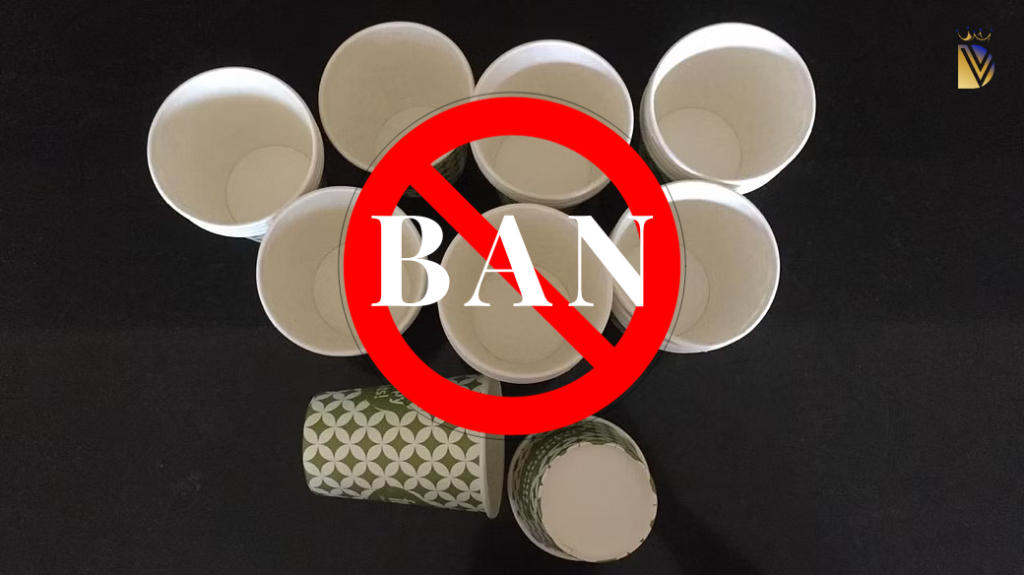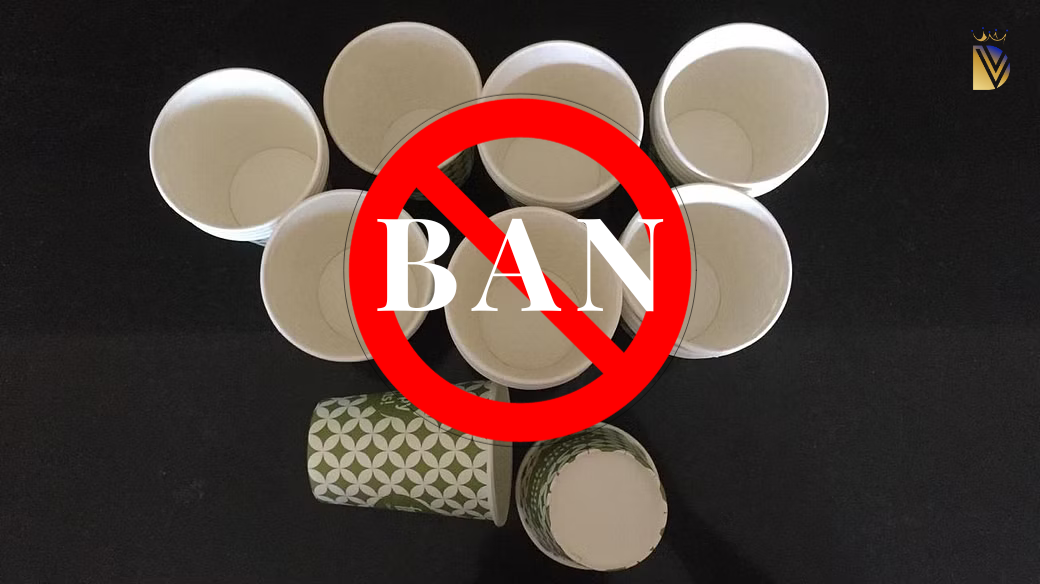In a significant legal update, the Supreme Court, on October 20, 2023, declined to interfere with the Madras High Court’s decision to uphold the ban on reinforced paper cups in the state of Tamil Nadu, introduced in 2019. However, the Apex Court did direct the Tamil Nadu Pollution Control Board (TNPCB) to reconsider the ban on non-woven bags in light of the amended Plastic Waste Management Rules of 2016. The Centre’s amendment in 2021 allowed for the manufacture of non-woven bags exceeding 60 Grams Per Square.

The verdict was delivered by a bench comprising Justice Ravindra Bhat and Justice PS Narasimha, following an appeal filed by an association of manufacturing units involved in the production of ‘reinforced’ paper cups and a manufacturer of non-woven plastic bags. They had approached the Apex Court challenging the State Government’s decision to ban their respective products.
The primary argument put forth by the paper cup association was that these cups contained only 6% plastic and were primarily composed of paper, making the blanket ban unreasonable, arbitrary, and disproportionate. However, the Court found that these cups were widely used and discarded as single-use products, and their non-biodegradable nature made recycling difficult.
The Apex Court stated that the ban was scientifically justified and aligned with the State Government’s policy decision to ban various single-use plastic products in the interest of the public. While the ban did restrict the Appellant’s Fundamental Right under Article 19(1)(g) (right to practice any profession or business), it was deemed reasonable by the Court.
Regarding the failure to provide a pre-decisional hearing to the Appellants as mandated by Rule 4 of the Environment (Protection) Rules, 1986, the Court acknowledged this lapse but upheld the ban due to the larger public interest involved. The Appellants were given an opportunity to represent their views before the ban came into effect in 2019, even though a pre-decisional hearing was not granted prior to the order’s notification in 2018.
The Court opined that, considering the substantial public interest served by the government order and the Central Government’s notification in 2022, which imposed a complete ban on single-use cups and other disposable plastic products, the failure to grant a pre-decisional hearing should not invalidate the notification.
In the case of non-woven bags, the Court recognized that they had certain merits, such as reusability and customizable composition. The Appellants argued that a complete ban was disproportionate, while the State contended that these bags did not biodegrade properly and contributed to environmental issues. The Court believed that a more detailed examination of the ban on woven bags was necessary, as they were reusable, recyclable, and capable of some level of biodegradation based on their composition. Additionally, no committee had been formed to closely examine their environmental impact.
Given the amendments to the 2016 Rules allowing non-woven bags above 60 GSM to be manufactured, the Court deemed the Appellant’s argument of disproportionality had merit. Consequently, the Court directed the matter of including non-woven bags in the single-use plastic products ban back to the TNPCB for reconsideration.
This legal update underscores the complexities of balancing environmental concerns, public interest, and individual rights in the context of plastic bans and regulations.
Case Title: Tamil Nadu And Puducherry Paper Cup Manufactures Association V. State Of Tamil Nadu, Civil Appeal No. 8536 Of 2022










